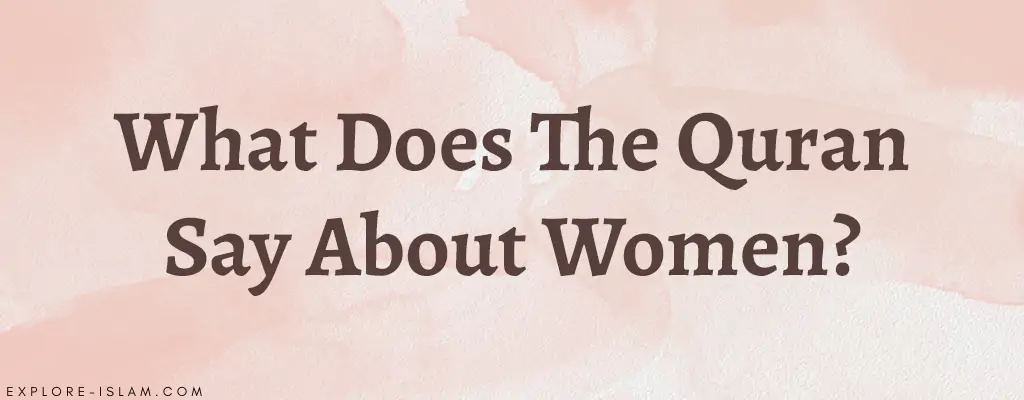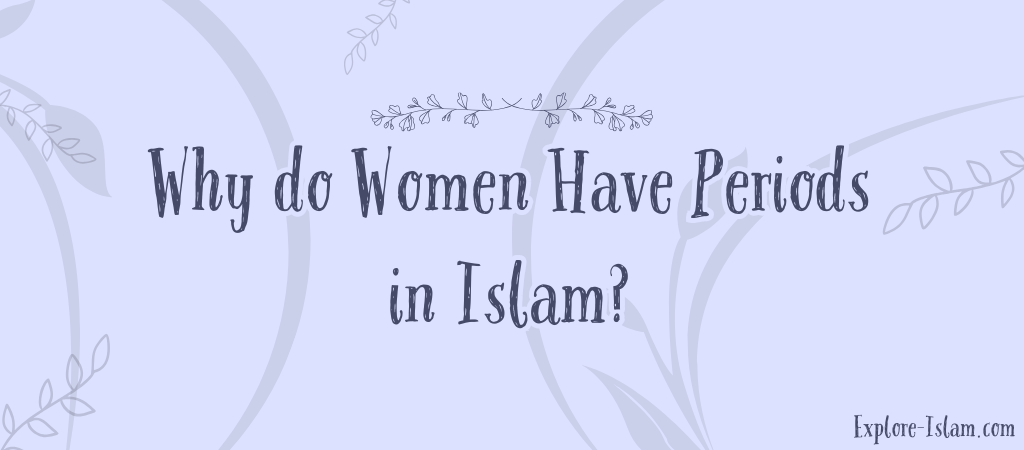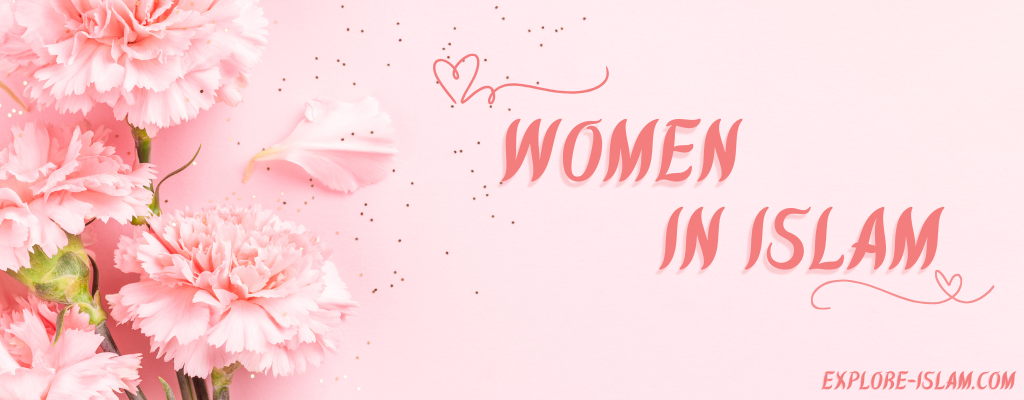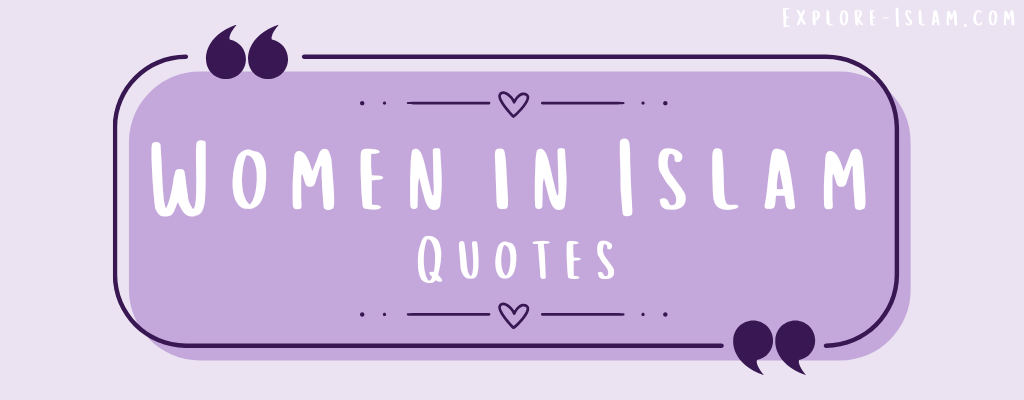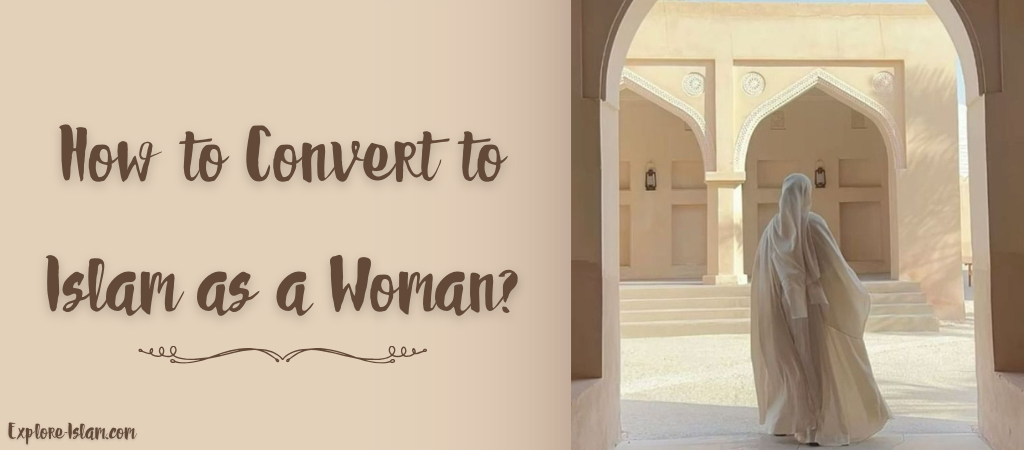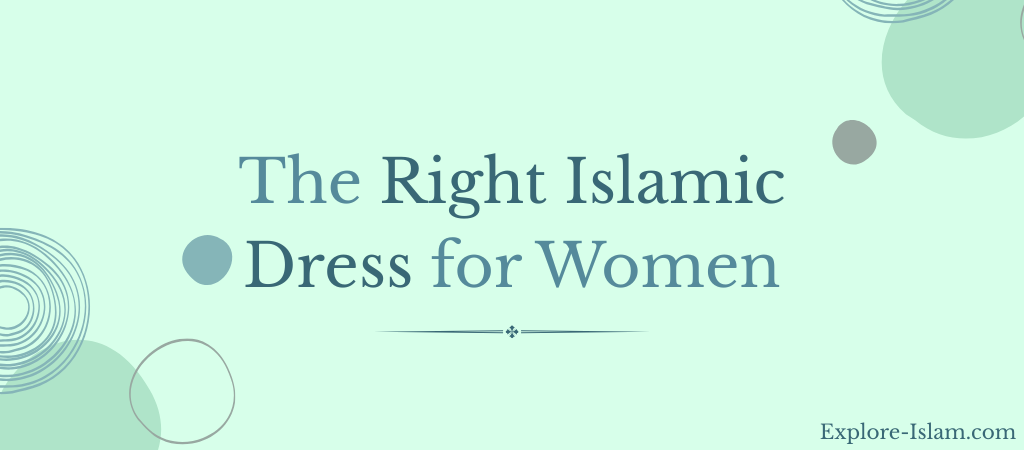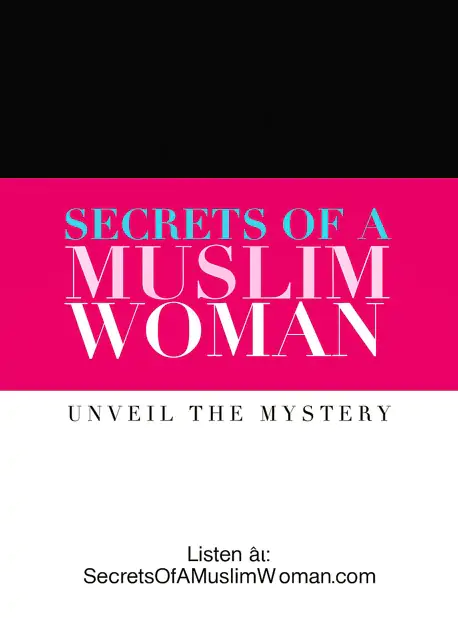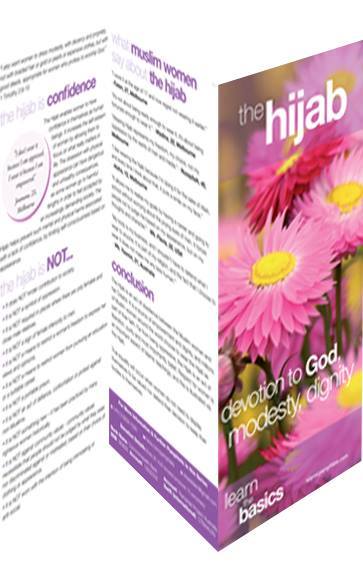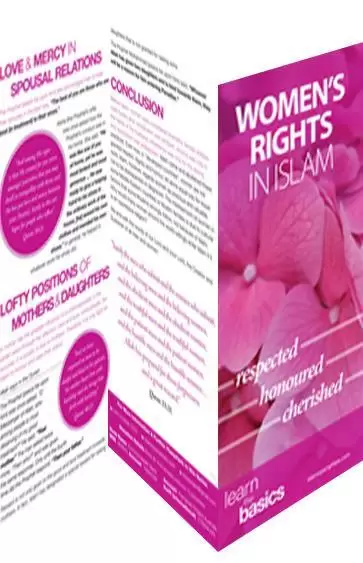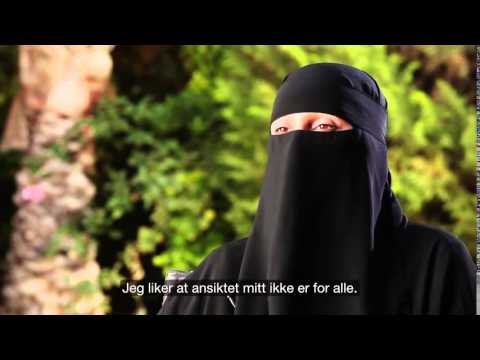The Noble Qur’an contains numerous verses that emphasize the honorable status of women in Islam. In fact, there is an entire chapter named “Women” (An-Nisa), reflecting the significance of their role. This article answers the question “What does the Quran say about women?” by presenting key Quranic verses that highlight women-related rulings and principles. Keep reading to gain a deeper understanding of the Quranic perspective on women.
What Does The Quran Say About Women?
By exploring the Quranic verses related to women from different aspects, one can find the following significant values reflected in different styles:
- Elevation in different roles: The Quran elevates women in their various roles within society, whether they are mothers, wives, or daughters.
- Areas of equality with men: It refutes the misconception that women are the reason for the first sin, establishing equality between genders in the reward system for deeds.
- Acknowledged differences: The Quran acknowledges differences in roles between genders and provides specific rulings accordingly.
- Honor protection: Islam protects women’s honor by regulating relationships between men and women, prescribing hijab, lowering the gaze, and implementing precautionary laws to safeguard women from exploitation and the consequences of adultery.
- Positive societal roles: At the same time, Islam encourages women to engage in noble work that contributes to the betterment of society, such as the educational process, rather than being passive.
- Marriage & divorce rights: Islam offers a unique system for marriage and allows divorce as a mutual right for both spouses in cases where reconciliation is not possible, ensuring legitimate reasons for separation.
- Inheritance: The Quran establishes inheritance rights for women, defining their shares regardless of age.
- Moral lessons in stories: The Quran highlights moral lessons through stories of female characters, offering guidance to true believers.
Let’s explore these Quranic values in detail…
1. Women Are Not the Source of First Temptation, but Satan Is
The Quran makes it very clear that both Adam and Eve were tempted by Satan (the devil). Allah says in the Quran:
“Then Satan whispered suggestions to them both… So he misled them with deception.”[meanings translated, Quran 7:20–22]
Additionally, the Quran states that both sinned and were both forgiven after their repentance:
“They said: ‘Our Lord! We have wronged ourselves. If You forgive us not and bestow not upon us Your Mercy, we shall certainly be of the losers.’”
Read more:
2. Pregnancy & Childbirth Are Means of Esteem, Not Burden
Islam does not view pregnancy and childbirth as punishments for “eating from the forbidden tree.” The Quran esteems pregnancy and childbirth as reasons for the love and respect due to mothers from their children. Almighty God reminds of their significant roles, saying:
“And We have enjoined upon man [care] for his parents. His mother carried him, [increasing her] in weakness upon weakness.”
For more about the status of mothers in Islam, refer to these:
3. Dowry Is a Full Right for Wives from Husbands
Almighty God orders men to provide dowries to their wives, making it an obligation and a full right for women to handle as their own possession:
“If you wish to enjoy women through marriage, give them their due dowries.”
Read more about marriage in Islam:
4. Men Are Caretakers of Women with Financial and Ethical Duties
The Quran states that men are caretakers of women and are tasked with providing for their needs:
“Men are the caretakers of women, as men have been provisioned by Allah over women and tasked with supporting them financially.”
Muslim women have full ownership of their wealth, while husbands remain responsible for providing for them—even if their wives are wealthier. Moreover, God commands husbands to treat their wives kindly and overlook their flaws, saying:
“Treat them fairly. If you happen to dislike them, you may hate something which Allah turns into a great blessing.”
Even in cases of divorce or singlehood, male relatives such as fathers, brothers, or uncles are responsible for their care. Additionally, men are required to provide housing for divorced women with children or during pregnancy:
“Lodge them [in a section] of where you dwell, out of your means, and do not harm them in order to oppress them.”
Read more about related refuted misconceptions in this subject: Is beating wives accepted in Islam?
5. Women Have the Right to Divorce
Women in Islam are granted the right to divorce (khul’) for legitimate reasons by returning the dowry. The Quran mentions:
“So if you fear they will not be able to keep within the limits of Allah, there is no blame if the wife compensates the husband to obtain divorce.”
Read more: Divorce in Islam
6. Quran Condemns Killing Baby Girls
Islam forbids the killing of infant girls, a practice among some pre-Islamic Arabs. The Quran condemns this act:
“When baby girls, buried alive, are asked for what crime they were put to death.”
[Quran 81:8-9]
Another verse illustrates this behavior:
“Whenever one of them is given the good news of a baby girl, his face grows gloomy as he suppresses his rage.”
[Quran 16:58]
Moreover, the Quran forbids abortion, a modern parallel to this act.
Read more: Pre-Islamic dealing with little baby girls
7. Women and Men Are Equal in the Reward System
Men and women in Islam share equal religious and moral duties, starting with belief in one God and including acts of worship like prayer and charity. God emphasizes equality, saying:
“I will never deny any of you—male or female—the reward of your deeds. Both are equal in reward[Quran 3:195]
Other verses stressing this equality include Quran 33:35, Quran 16:97, Quran 4:124, Quran 40:40, and Quran 49:13.
Still, in Islam, women’s rights and responsibilities are not necessarily identical with them. Equality and sameness are two very different things. Women and men are physically very different from one another, although they are equal to each other in other important ways.
8. Quran Protects Women Through Precautionary Laws
The Quran prescribes laws to safeguard Muslim women from harassment or exploitation, including:
- Hijab: “O Prophet! Ask your wives, daughters, and believing women to draw their cloaks over their bodies. In this way, it is more likely that they will be recognized ˹as virtuous˺ and not be harassed.” [Quran 33:59]
- Lowering the gaze and maintaining chastity: “Tell the believing women to lower their gaze and guard their chastity.” [Quran 24:31]
- Moderate tone of speaking: “Do not be soft in speech [to men], lest he in whose heart is disease should covet, but speak with appropriate speech.” [Quran 33:32]
- Restriction on purposeless outings: Women are permitted to leave home for legitimate purposes like education and meeting good company, but idle outings are discouraged: “Settle in your homes, and do not display yourselves as women did in the days of ˹pre-Islamic˺ ignorance.” [Quran 33:33]
9. Women Have Rights of Inheritance
The Quran grants both men and women shares of inheritance:
“…and for women is a share of what the parents and close relatives leave.”[Quran 4:7]
Other verses and Prophetic sayings detail the shares for males and females based on their relationship to the deceased.
Read more: Women’s inheritance in Islam
10. Women’s Pledge of Allegiance to Prophet Muhammad (PBUH)
The Quran highlights the pledge Prophet Muhammad took from early Muslim women upon embracing Islam. Almighty God says:
“O Prophet! When the believing women come to you, pledging to you that they will:
- neither associate anything with Allah ˹in worship˺,
- nor steal,
- nor fornicate,
- nor kill their children,
- nor falsely attribute ˹illegitimate˺ children to their husbands,
- nor disobey you in what is right,
then accept their pledge, and ask Allah to forgive them.”
Read more about this topic in women’s pledge article.
11. Female Characters Portrayed in Quranic Stories
The Quran features many female characters as moral examples, such as:
- Virgin Mary: Praised as a role model for chastity and devotion, as mentioned:
“Surely Allah has selected you, purified you, and chosen you over all women of the world.” [Quran 3:42] - Prophet Noah’s Wife: Depicted as an example of disbelief despite being married to a Prophet:
“Allah sets forth an example for the disbelievers: the wife of Noah and the wife of Lot. Each was married to one of Our righteous servants, yet betrayed them [by disbelief].” [Quran 66:10] - Pharaoh’s Wife (Asiyah): An example of faith despite her tyrant husband:
“The wife of Pharaoh prayed, ‘My Lord! Build me a house in Paradise near You.’” [Quran 66:11]
Read also: Verses About Mary In The Quran
12. Women’s Role in Education and Religious Delivery
The Quran urges the Prophet’s wives to learn and teach the religion:
“˹Always˺ remember what is recited in your homes of Allah’s revelations and ˹prophetic˺ wisdom.”[Quran 33:34]
This is why figures like Aisha, the Prophet’s wife, became prominent scholars after his death.
Conclusion
To conclude, this article addresses the question “What does the Quran say about women?” by exploring a selection of verses related to women from different aspects:
By examining Quranic verses related to women, it becomes evident that Islam assigns significant value to their roles and responsibilities. The Quran elevates women as mothers, wives, and daughters, while also promoting equality with men in matters of reward for deeds. It acknowledges gender-specific differences through tailored rulings and safeguards women’s honor with protective measures like hijab and precautionary laws. Additionally, Islam encourages women to actively contribute to society, ensures their rights in marriage and divorce, and grants them specified shares of inheritance. Through the stories of female characters, the Quran also provides profound moral lessons, emphasizing women’s pivotal role in shaping ethical and spiritual values.
Read the Quran today and uncover the full story for yourself.
Our team is here to assist with any questions you may have. Feel free to start a conversation now!

